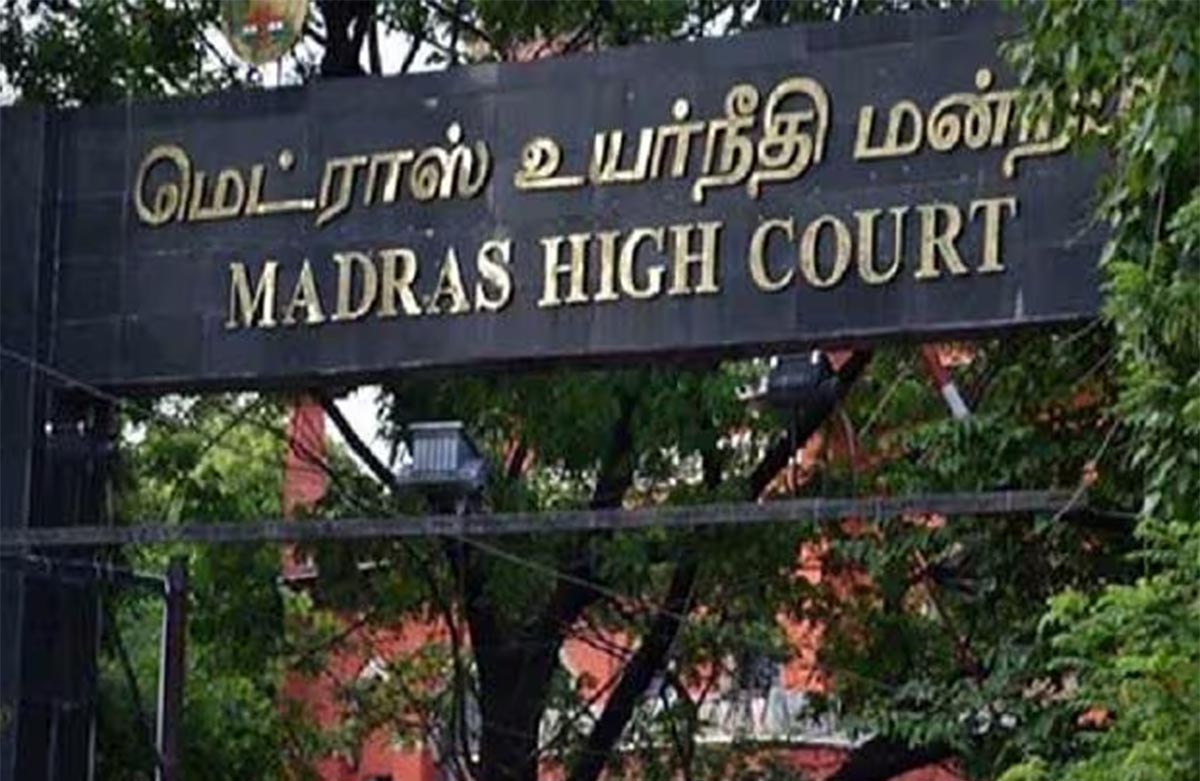In a landmark order dated July 17, the Madras High Court reaffirmed the constitutional and spiritual right of all Hindus, including members of Scheduled Castes, to access and worship in public temples. The Court directed that the petitioner, belonging to a Scheduled Caste community, be allowed to enter the Arulmigu Puthukudi Ayyanar Temple and participate in the Temple Care Festival, held from June 16 to July 31, 2025.
The case was heard by Justice N. Anand Venkatesh, who was responding to a writ petition filed by Venkatesan, seeking permission for himself and fellow community members to worship and perform rituals during the temple festival—an event traditionally open to the local public.
Despite resistance from certain quarters, including the submission by a Special Government Pleader that the temple was not under the administration of the Hindu Religious and Charitable Endowments (HR&CE) Department, the Court maintained that religious access cannot be determined by departmental control but by the principles of constitutional equality and human dignity.
Caste and community are creations of human beings; God is always neutral: HC
In his order, Justice Venkatesh observed that any temple open to the public acquires the status of a public temple, regardless of whether it is managed by the HR&CE Department or not.
In such a scenario, the judge said, “irrespective of the caste or community of the devotees, they must be permitted to offer their prayers to God. Caste and community are the creations of human beings; God is always considered to be neutral.”
The court further emphasised that denying access to a place of worship on the basis of caste is not only unconstitutional but an affront to human dignity. It violates the foundational values of the Indian Constitution and the spirit of inclusiveness in Hinduism.
“This can never be permitted in a country governed by the rule of law,” the Court stated, firmly anchoring its view in legal precedent and social justice.
Referring to Section 3 of the Tamil Nadu Temple Entry Authorisation Act, 1947, the judge reiterated that “Every Hindu, irrespective of the caste or sect to which they belong, shall be entitled to enter any Hindu temple and offer worship therein—notwithstanding any law, custom, or usage to the contrary.”
All classes of Hindus are permitted to enter into the temple and participate in the festival: HC
The Court went on to clarify that any restriction imposed on entry based on caste constitutes an actionable wrong—one that can invite both civil and criminal liability. Justice Venkatesh reminded that “the Act was brought into force as a policy decision by the State Government to remove the disabilities imposed on certain classes of Hindus with respect to entry into Hindu temples.”
The High Court directed the concerned authorities to ensure that all Hindus, irrespective of caste or community, are allowed full access to the temple and its associated rituals during the festival. The Court made it clear that any obstruction or discrimination must be met with immediate legal action.
It also instructed the local administration to ensure law and order is maintained, and that no disturbance is created under the guise of religious custom or tradition.
This ruling is not just a legal order, but a reaffirmation of the principle that faith transcends caste. In a time when discrimination still exists in subtle forms, the Court’s stand serves as a reminder of India’s constitutional promise—that equality and dignity are not privileges but rights for all.
The Order of Madras High Court Dated 17.07.2025 can be read here:
Related
Religious structures inside the public institution are invalid, what the constitutional courts say
